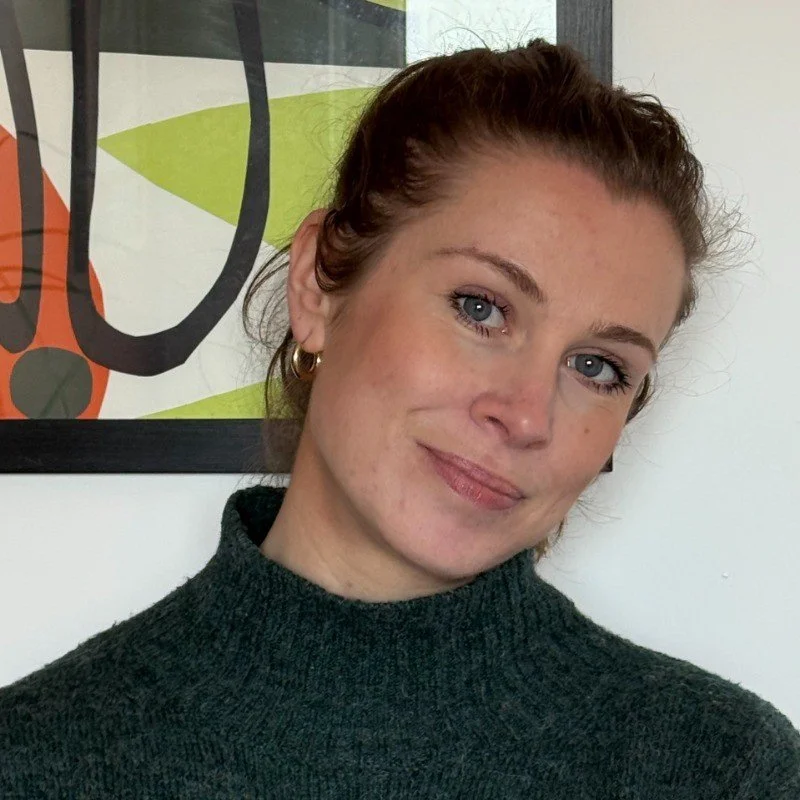Diversity Drives Innovation — Whether Musk and Trump Like It or Not
Forgive me for starting with M*sk and Tr*mp, and giving them even more airtime, but the message from two of the most powerful voices in business and politics is clear: they see diversity, equity, and inclusion (EDI) as a problem rather than a solution. In fact, they view it as an enemy to be dismantled.
“Diversity isn’t just about fairness or ticking boxes. It’s about driving innovation, solving problems, and unlocking creativity”
Elon Musk has made it clear he’s no fan of EDI programmes, calling them unnecessary and harmful. He even publicly criticised an NHS Trust job advert for an EDI role. In case you missed it (easy to do with his daily headline-grabbing antics), Musk reacted to a video showing diversity-related roles advertised on a government website, labelling the positions the result of the "woke mind virus" on his platform, X.
Not to be outdone, Donald Trump has repeatedly retracted support for EDI initiatives, signing multiple executive orders aimed at dismantling progress since his election.
But here’s the reality: diversity isn’t just about fairness, representation, or ticking boxes. It’s about driving innovation, solving problems, and unlocking creativity.
Diversity Fuels Innovation — And It’s Backed by Data
In the charity and nonprofit sector—where solving complex social problems is the core mission—diversity matters more than ever. If we want to stay relevant, impactful, and future-ready, we need to welcome innovation and embrace change, not resist it.
And EDI isn’t just a feel-good policy. It directly improves the quality of our work and what we create in the world. According to McKinsey’s Diversity Wins reports (2020, 2023), companies with diverse teams:
Outperform financially
Make better, bolder decisions
Are more innovative and resilient
Anticipate changing customer needs more effectively
Diverse teams bring different perspectives, challenge assumptions, and create new ways of thinking—vital in any sector, but especially in one that’s meant to serve everyone.
Charities and Change: Why It’s Hard—But Necessary
We get it. Charities are often optimised for efficiency: maximising every penny, reducing risk, and repeating what’s known to work. But when organisations are too focused on "the way things have always been done," there’s little space left for bold thinking.
So what’s the solution?
It’s not just new strategies or digital tools. It’s people.
“If charities want to stay relevant and make a real impact, we need to welcome innovation and change, not resist it”
When you bring more perspectives to the table, the quality of your ideas improves. It’s that simple. Innovation is a human-powered process.
At Flying Cars, Diversity Is a Business Essential
Since joining Flying Cars, I’ve been genuinely impressed by how seriously we take EDI—not just as a policy, but as a core value. The importance of diversity of people and thought has been embedded in my onboarding from day one.
We believe diversity drives innovation by:
Bringing together varied experiences and perspectives
Challenging groupthink and conventional wisdom
Strengthening problem-solving by tackling issues from different angles
Building solutions that are inclusive, practical, and effective
Being committed to EDI isn’t a one-off project or a box-ticking exercise. It’s an ongoing, evolving practice.
Sorry, Elon—but the NHS was right to make those EDI roles full-time. Because the reality is: the more inclusive your team, the better your outcomes.
If you want more resources take a look at this toolkit from NCVO.
Diversity Makes Us Better — In Every Way
When people from different backgrounds collaborate, they generate fresh ideas and uncover blind spots. Diversity doesn’t just enhance creativity—it builds stronger, more resilient organisations.
At Flying Cars, we’re not only making space for different voices—we’re actively inviting them in. Not just because it’s the right thing to do, but because it makes all of us better at what we do.
If charities want to survive, thrive, and truly serve their communities, they must listen to and include a wide range of voices. Because the future of our sector—and the impact we can make—depends on it.

